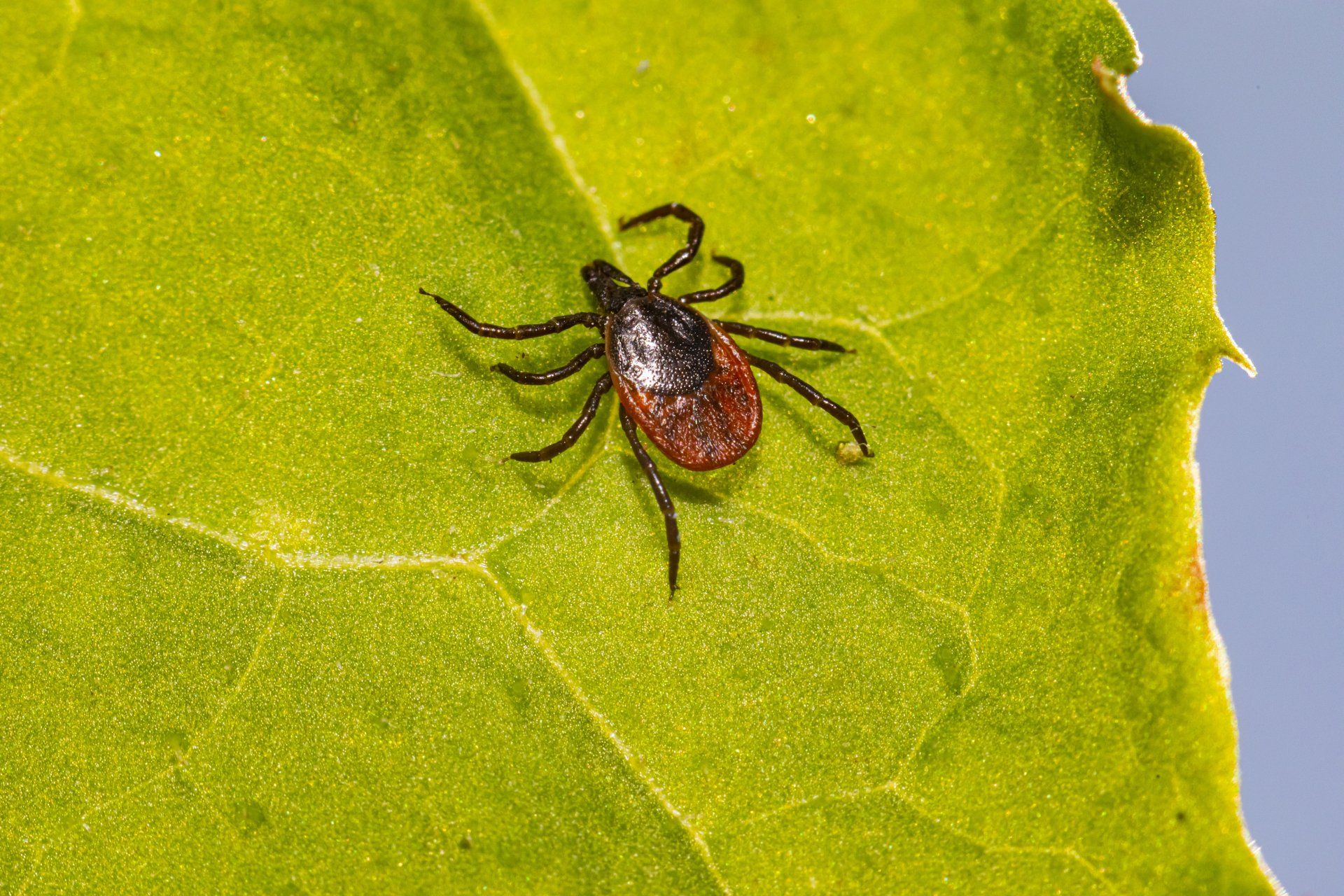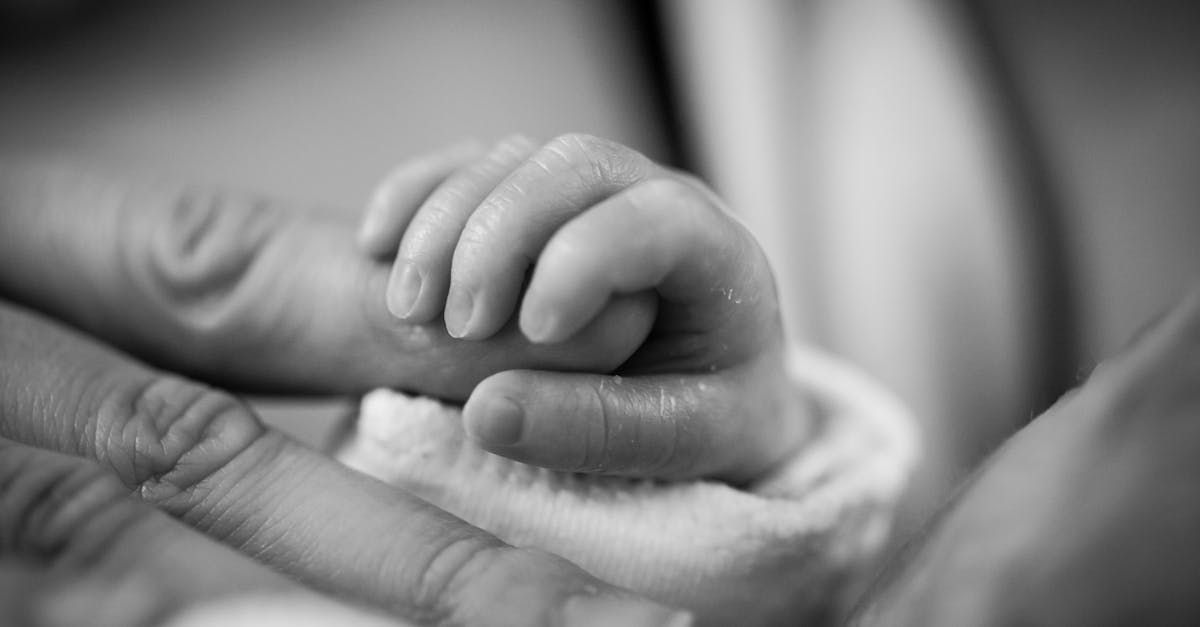Shyness
Is your child shy?
Shyness is quite common among children. Many children are simply born this way and are naturally more withdrawn or introverted. It may take them longer to warm up to new situations.
Time to adjust:
Most shy children do well in relationships and in social settings once they are past an initial period of adjustment. Children who have difficulty establishing and maintaining relationships even after the ice-breaking period are more concerning. With time, many children who are shy learn to act otherwise in social situations. They function in ways that are not obviously shy or quiet, although inside they may still feel shy. Parents can gently guide or direct their children into social situations in which they can learn to successfully interact.
Severe Shyness:
Rarely, shyness can increasingly lead to purposeful avoidance of social settings and withdrawal, please follow up with your provider if this is a concern. If your child's shyness becomes debilitating, it may be caused by an anxiety disorder or a temperament pattern; then an evaluation by a child mental-health professional would be helpful.
How parents can help
Successful peer interactions require a variety of skills and special ways of interacting. Parents can look for these skills in their children and help develop and model them.
- Coping with failure and frustration
- Coping with success
- Coping with change and transitions
- Coping with rejection and teasing
- Managing anger
- Using humor
- Forgiving and Apologizing
- Thinking up fun things to do
- Expressing affection, comforting someone
- Avoiding dangerous situations
- Defending himself
- Sharing
- Giving a compliment
- Expressing appreciation
- Coping with loss
- Sticking up for a friend
- Doing favors
- Asking for help and helping others
- Keeping secrets
Please click here for further information as noted above from the AAP.










